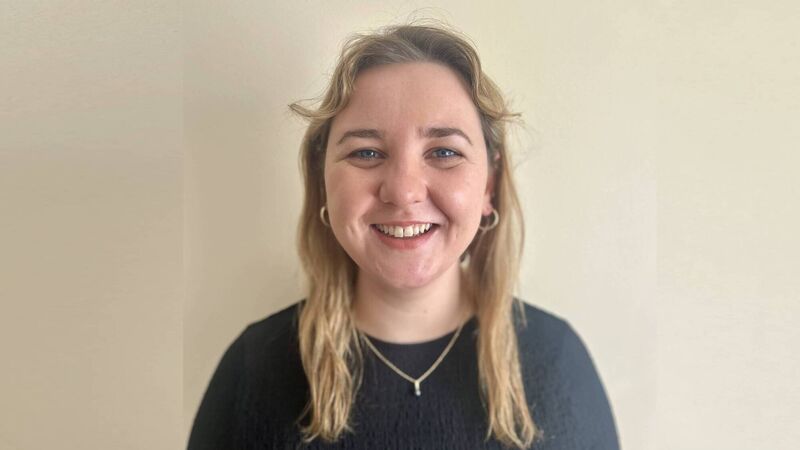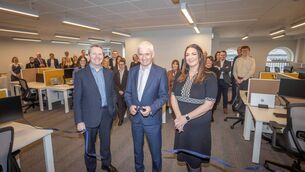Holistic care, a career that is truly a vocation

Mary Rose Loughnane, who enjoys her role as a clinical nurse manager working with people with intellectual disability in Galway.
Mary Rose Loughnane currently works as a clinical nurse manager, overseeing day services for individuals with intellectual disability in the Galway region.
“I play a pivotal role in ensuring the highest quality of care and support for service users and I am responsible for managing and coordinating the daily operations of these day services, each tailored to meet the unique needs of individuals with intellectual disabilities,” she explains of her daily duties.








